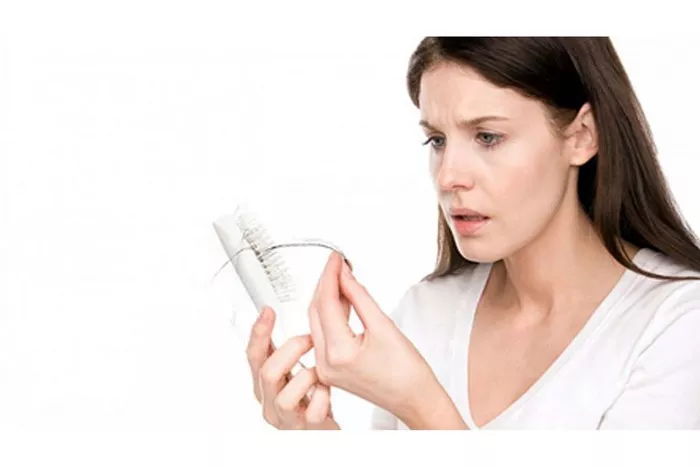In the wake of childbirth, many new mothers grapple with the common occurrence of postpartum hair loss. Dermatologist Dr. Priyanka Kuri sheds light on the underlying causes and offers practical tips for prevention and recovery.
Understanding Postpartum Hair Loss
Postpartum hormones, specifically the sudden decline in estrogen and progesterone levels, play a pivotal role in triggering postpartum hair loss. This hormonal shift disrupts the natural hair growth cycle, transitioning from the anagen (growth phase) to the telogen (shedding phase), leading to increased hair fall. Dr. Kuri emphasizes that reduced blood circulation and potential nutrient deficiencies can further exacerbate this condition.
Normalcy of Postpartum Hair Loss
The rapid decline in certain hormones post-childbirth initiates the transition from the hair growth phase to the shedding phase, resulting in temporary hair loss. Physical stress during childbirth and reduced blood circulation compound the effects. Dr. Kuri reassures that postpartum hair loss is considered normal during the initial three to four months after childbirth, with a typical duration of six months. Prolonged shedding beyond six months may warrant investigation into conditions such as chronic telogen effluvium, influenced by factors like inadequate nutrition, sleep deprivation, and heightened stress levels.
Preventing Postpartum Hair Loss: 6 Practical Tips
1. Healthy Diet: Focus on a nutritious diet comprising green and colorful vegetables, fruits, nuts, and dry fruits to support overall health.
2. Limit Sugar Intake: Excessive sugar can impede blood circulation, hindering the effective delivery of nutrients to hair follicles.
3. Iron Supplements: Continuing iron supplements for at least six months is crucial, addressing potential iron depletion post-delivery and during breastfeeding.
4. Monitor Sugar and Thyroid Levels: Regular monitoring of sugar and thyroid levels contributes to preventing excessive hair loss.
5. Avoid Styling: Minimize styling and the use of heat tools, prioritizing natural hair growth during the postpartum period.
6. Seek Professional Help: Consult a dermatologist for tailored advice on appropriate hair serums and supplements.
Duration of Postpartum Hair Loss
Dr. Kuri notes that postpartum hair loss typically spans three to six months post-delivery. Complete restoration of lost hair volume may take up to two years, with anything beyond six months considered chronic. Emphasizing the importance of a healthy lifestyle, Dr. Kuri encourages new mothers to maintain nutrient-rich diets and adopt good self-care practices to facilitate the gradual restoration of hair volume. Mental and physical preparedness for the challenges of pregnancy and postpartum recovery is paramount for overall well-being.


